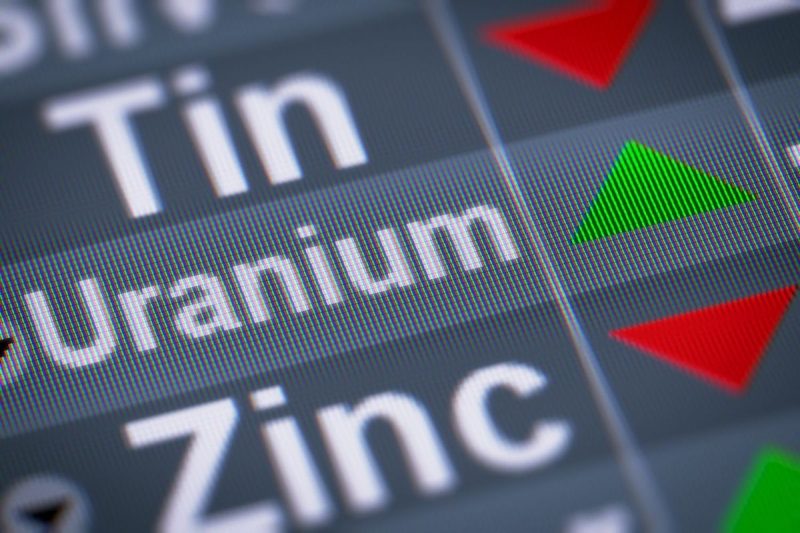In response to the U.S. banning Russian uranium imports, Russia has taken retaliatory measures by restricting American uranium exports. This move marks another step in the ongoing trade tensions between the two countries and has significant implications for the global nuclear energy sector.
The U.S. decision to ban Russian uranium imports was driven by concerns over national security and geopolitical considerations. The ban was part of a broader strategy to reduce dependence on Russian imports and bolster domestic uranium production. However, Russia’s retaliatory move to restrict American uranium exports highlights the interconnected nature of the global uranium market and the potential for trade disputes to disrupt industry dynamics.
The restriction on American uranium exports by Russia is likely to have a ripple effect on the global nuclear energy sector. Both countries are major players in the uranium market, and any disruption to their trade relationship can have repercussions on supply chains and pricing dynamics. The restrictions could lead to increased volatility in uranium prices and potentially impact the cost of nuclear power generation.
Furthermore, the Russia-U.S. uranium trade dispute underscores the broader challenges facing the global nuclear energy industry. The sector is already grappling with issues such as reactor shutdowns, competition from alternative energy sources, and regulatory hurdles. The trade tensions between Russia and the U.S. only add to the complexities facing the nuclear energy sector and highlight the need for international cooperation and dialogue to address common challenges.
As the Russia-U.S. uranium trade dispute continues to unfold, stakeholders in the global nuclear energy sector will need to closely monitor developments and assess the potential impact on their operations. Finding a resolution to the trade dispute will be essential for maintaining stability in the uranium market and ensuring the long-term viability of nuclear energy as a clean energy source.
In conclusion, the restriction of American uranium exports by Russia in retaliation to the U.S. ban on Russian uranium imports is a significant development in the ongoing trade tensions between the two countries. The trade dispute highlights the interconnected nature of the global uranium market and the potential impact of trade actions on the nuclear energy sector. Moving forward, international cooperation and dialogue will be essential to address trade disputes and ensure the stability of the uranium market for the benefit of the global nuclear energy industry.

